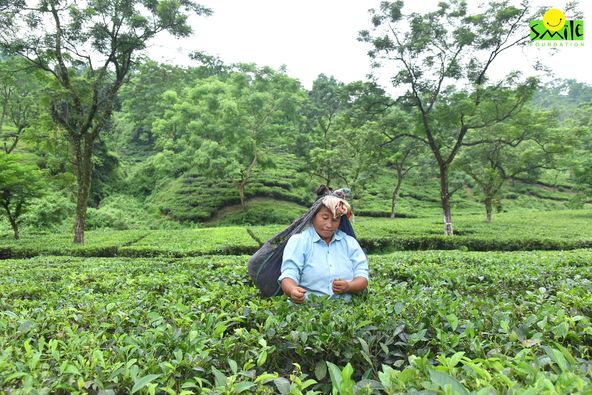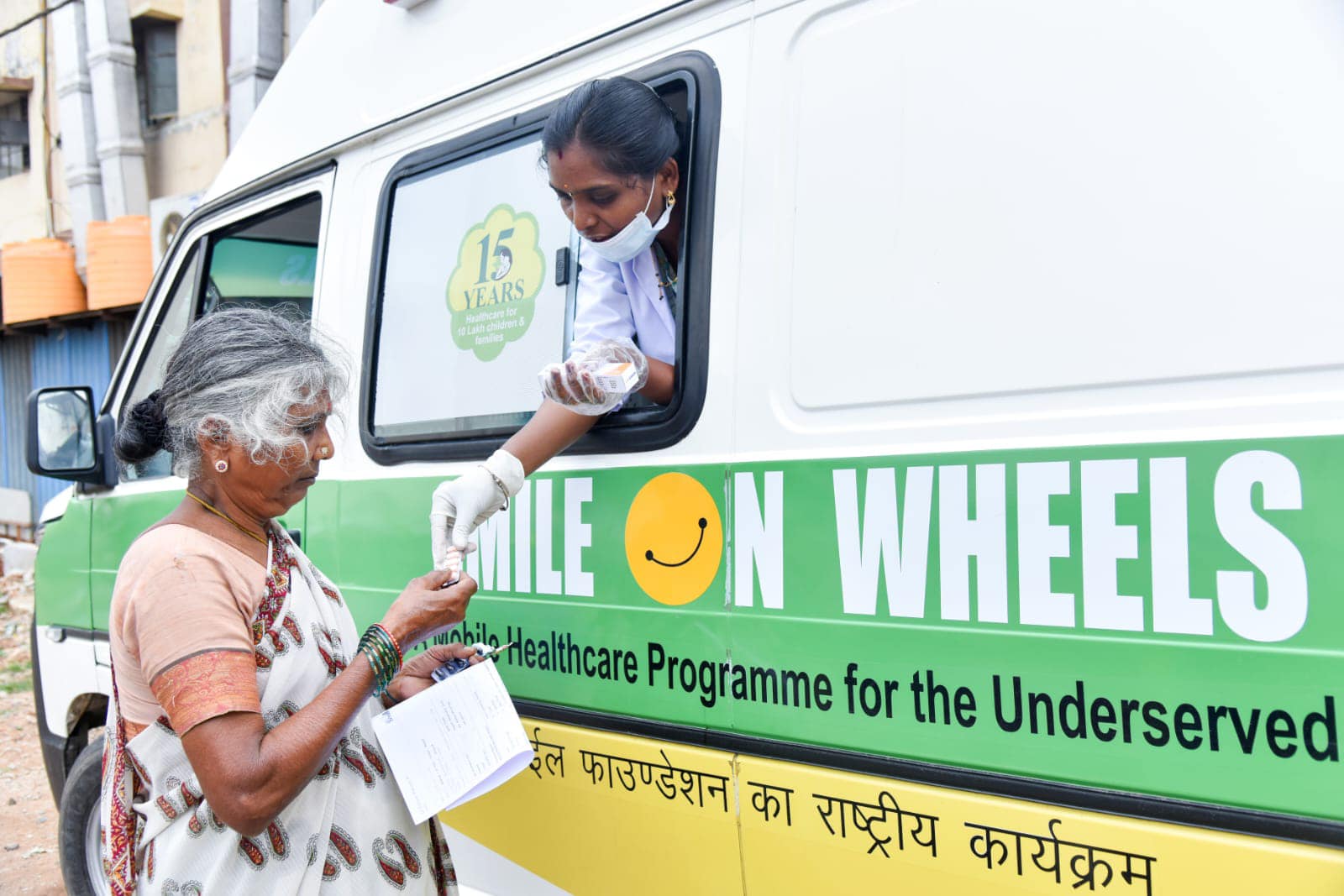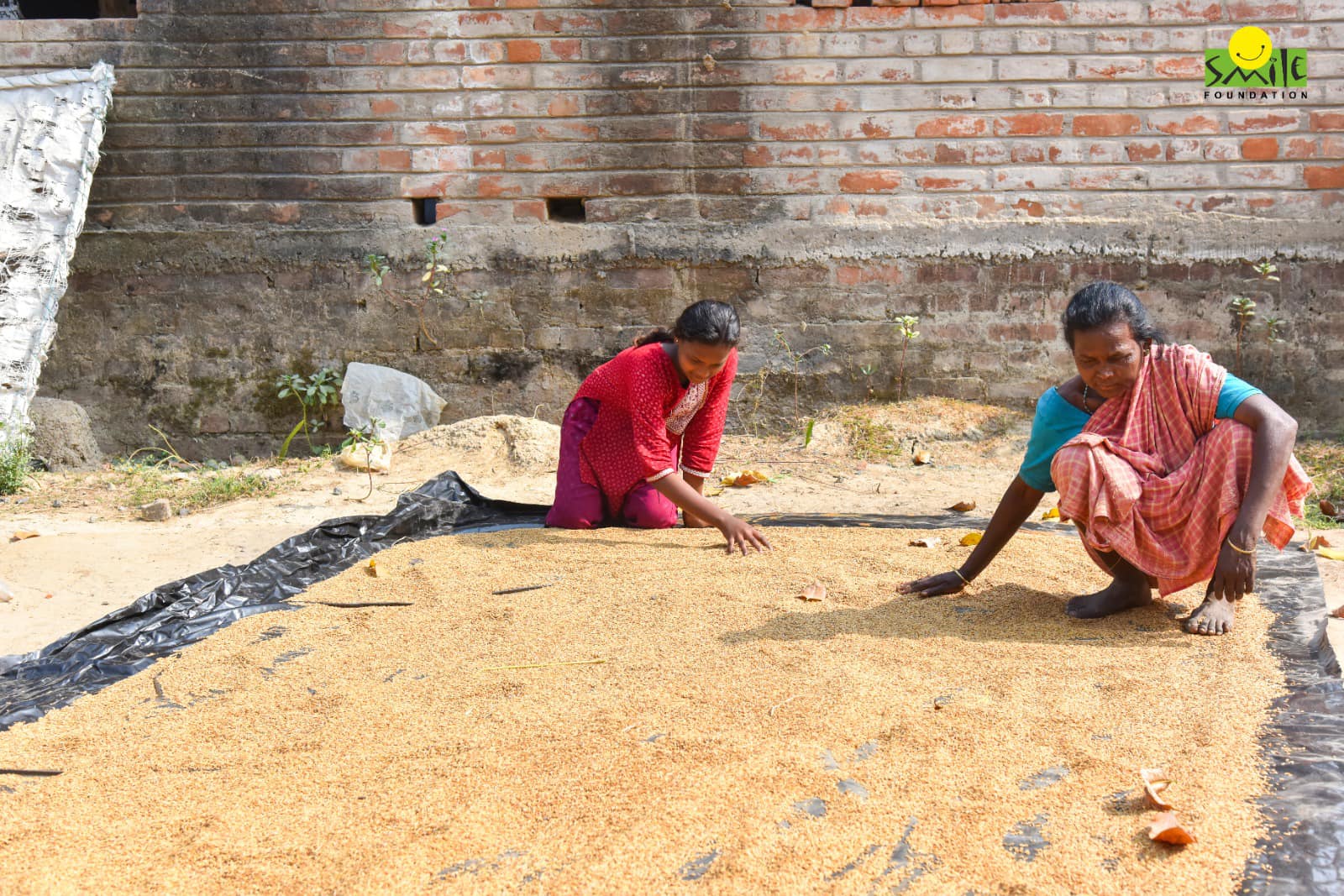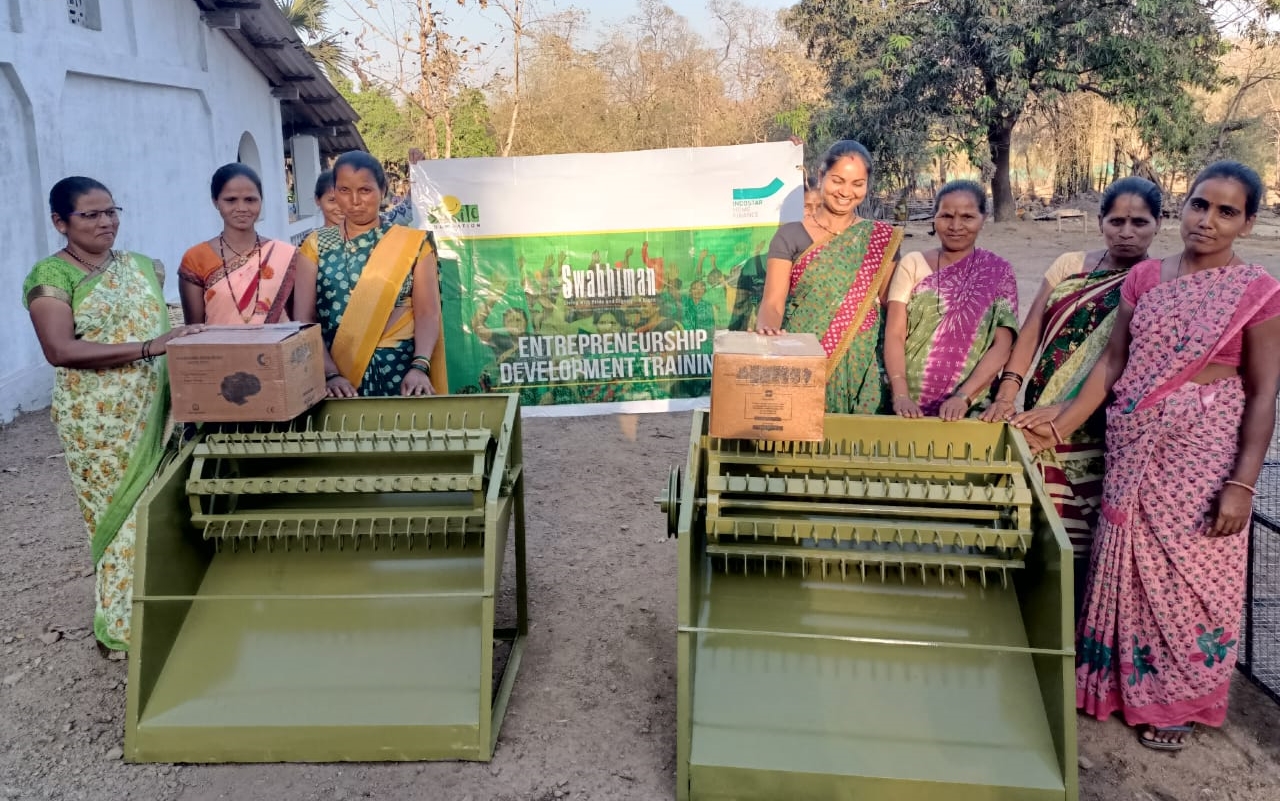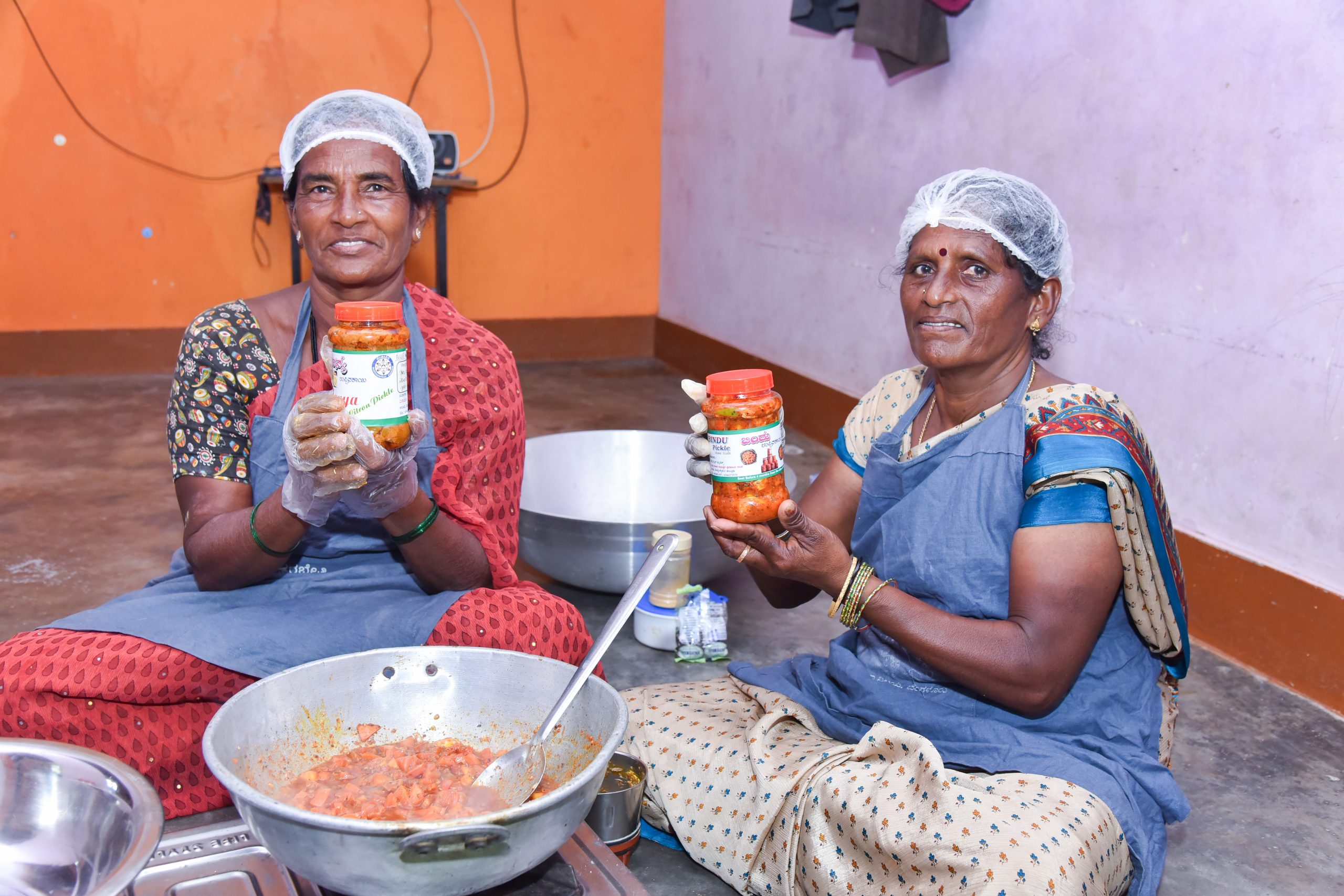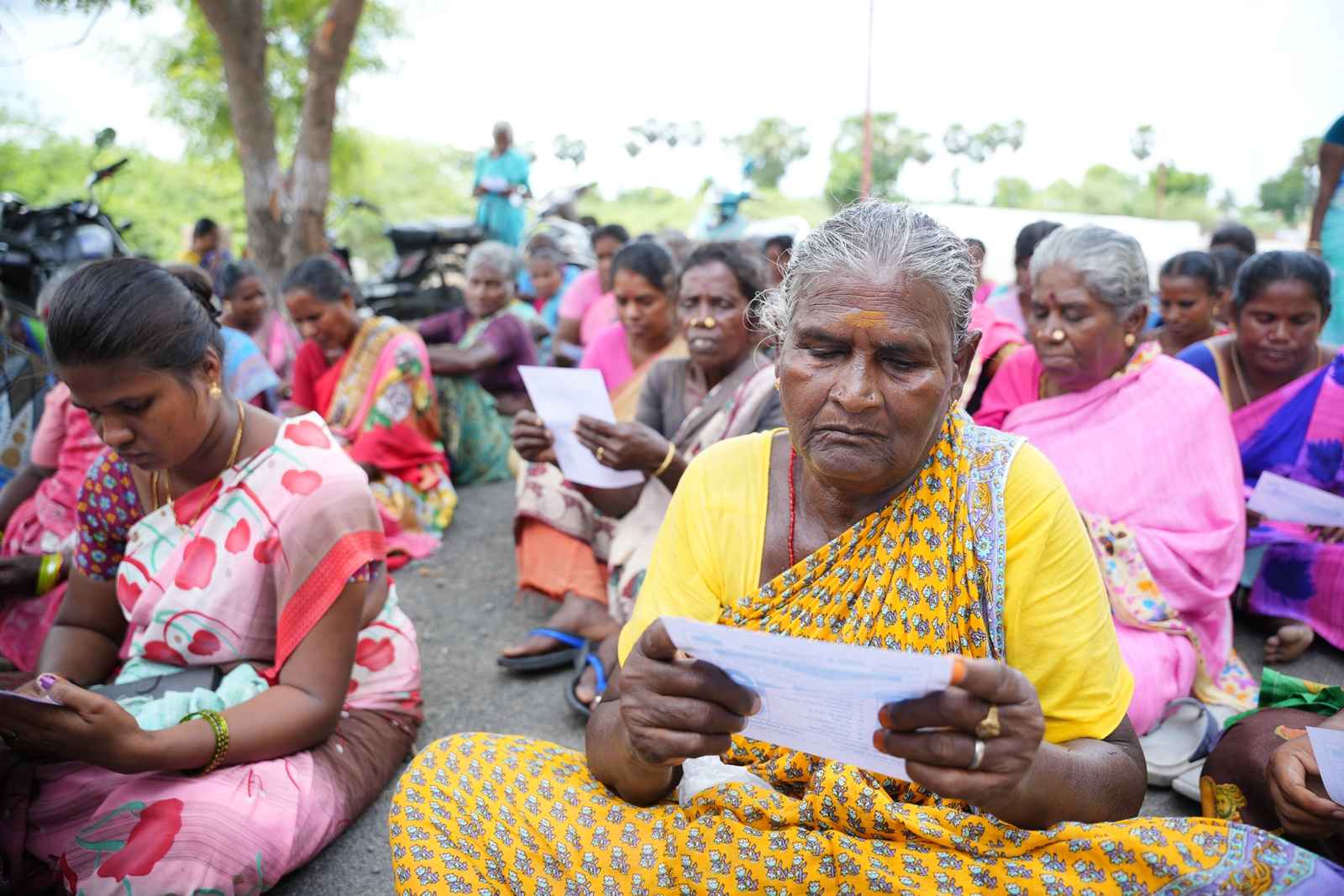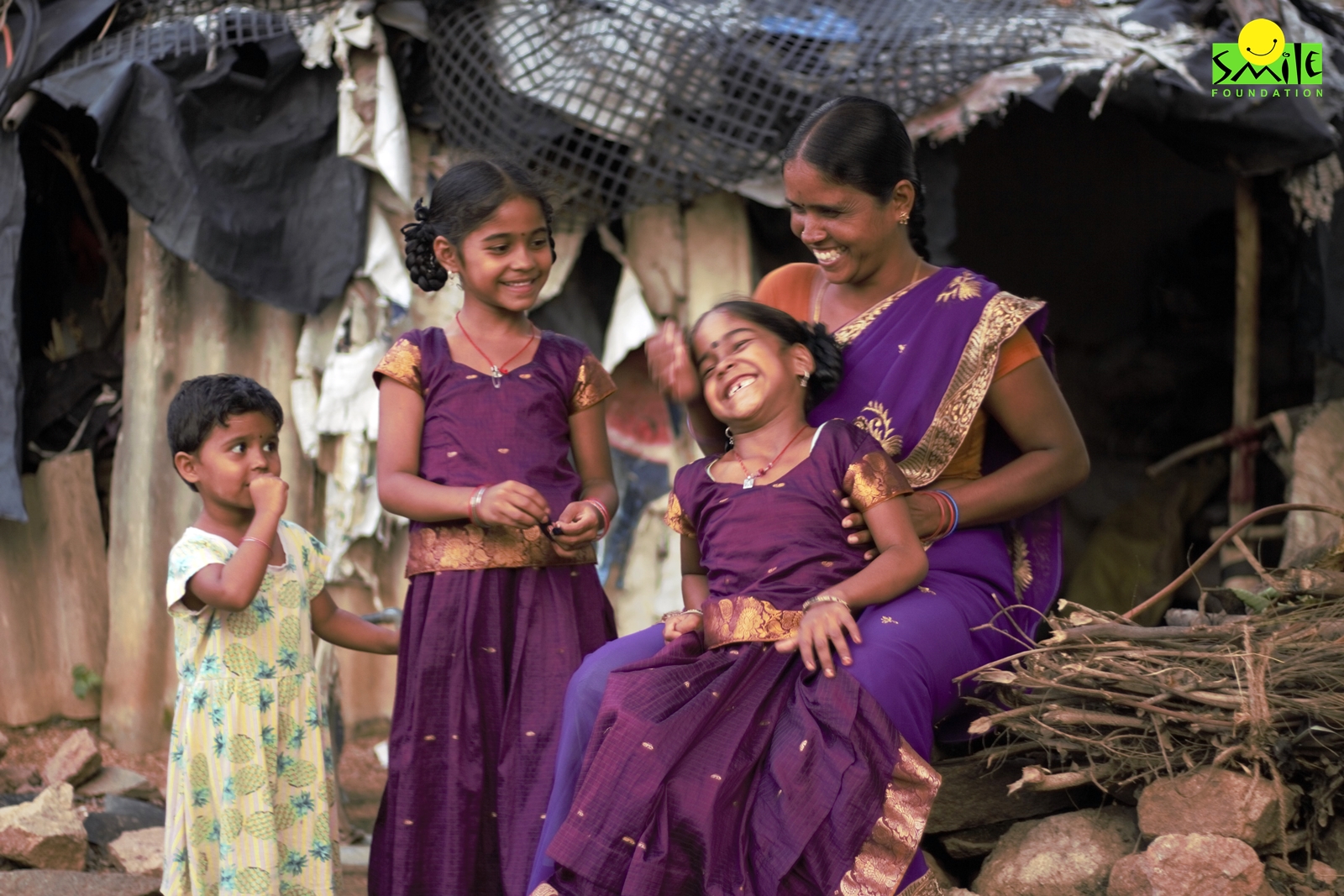Climate change is a looming crisis that threatens our very existence. It is as serious as it sounds and has become a significant barrier to progress across the globe, impacting everything from food security to economic stability. As we struggle with extreme weather events, rising sea levels and diminishing biodiversity, the repercussions are felt most acutely in vulnerable communities. In India, where millions rely on farming, the risks are especially significant. With climate-related disruptions becoming rampant, sustainable solutions are urgently needed. However, even with obvious dangers, political inaction and social inequalities often prevent effective action.
The Global Landscape: A Rising Tide of Challenges
Across the world, climate change manifests in various forms, but the underlying issue remains the same, i.e. an unsustainable model of development. According to the Intergovernmental Panel on Climate Change (IPCC), there is over a 50% likelihood that global temperatures will rise to or exceed 1.5 degrees Celsius (2.7 degrees Fahrenheit) between 2021 and 2040. This threshold is critical; crossing it will exacerbate extreme weather patterns, leading to more frequent hurricanes, droughts, and floods.
Countries in the Global South bear the brunt of these changes despite contributing the least to greenhouse gas emissions. For instance, sub-Saharan Africa faces increasing drought and famine. This uneven impact underscores a fundamental injustice—those least responsible for climate change often suffer its worst consequences.
India’s Climate Reality
In India, the challenges posed by climate change are particularly stark. The country is home to over 1.4 billion people, with a significant portion relying on agriculture for their livelihoods. From 1950 to 2015, India experienced 268 flooding events that affected around 825 million people, resulting in 17 million homeless and 69,000 deaths. Many of these devastating events took place in central India, leading to significant loss of life, property, and agricultural damage. Moreover, rising temperatures have contributed to diminishing yields of staple crops like wheat and rice, threatening food security for the nation.
The intersection of climate change and socio-economic factors makes this situation even more dire. According to reports, climate change could drive over 100 million people into poverty by 2030 due to climate-related disruptions. In India, around 45 million people could fall back into poverty by the same time, mainly due to agriculture shocks and rising disease rates. The poorest communities are often the least equipped to adapt, lacking the resources and infrastructure to recover from disasters.
Policy Gaps and Political Will
One of the primary roadblocks to progress in addressing climate change is the lack of effective policy implementation. While India has committed to the Paris Agreement, which aims to limit global warming to well below 2 degrees Celsius, the path to achieving these goals remains fraught with challenges. The National Action Plan on Climate Change (NAPCC) has outlined strategies for mitigation and adaptation, but bureaucratic inefficiencies often need to be improved in meaningful action.
Furthermore, fossil fuel subsidies continue to drain resources that could otherwise be invested in renewable energy initiatives. According to the International Energy Agency (IEA), in 2022, global subsidies for fossil fuel consumption soared to over USD 1 trillion. Redirecting these funds towards green technologies could catalyse progress and create sustainable jobs, but political will remains inadequate.
The Role of Social Inequality
Social inequality also exacerbates the impact of climate change, creating a vicious cycle that stifles progress. Marginalised communities, including women, scheduled castes, and indigenous populations, are disproportionately affected by environmental changes. According to a report by the United Nations Population Fund (UNFPA), women in India traditionally bear the responsibility of collecting water. Every day, they walk about six kilometres on average for this task, a situation common in many developing countries. During droughts, when nearby water sources dry up, the time spent fetching water increases significantly.
Access to education and technology is crucial for addressing climate change, yet disparities hinder progress. According to a 2018 report by UNESCO, 258 million children lack access to education, limiting awareness of environmental issues. In regions with low education levels, communities often struggle to adopt sustainable practices.
Furthermore, evidence shows that countries with better technology access are more equipped to implement climate solutions. For instance, nations investing in renewable energy technologies have seen significant reductions in emission rates. Without equal access to education and technology, many communities remain unable to contribute effectively to climate change mitigation, hindering meaningful progress.
The Power of Grassroots Movements
Despite the grim landscape, there is hope. Grassroots movements across India are taking the lead in advocating for sustainable practices and climate justice. From urban gardening initiatives in Delhi to water conservation projects in Rajasthan, communities are finding innovative ways to adapt to climate change. Besides addressing the immediate needs, these local solutions also serve as models for larger-scale implementation.
Additionally, youth-led movements like Fridays for Future are raising awareness and demanding action from governments. Young people are becoming increasingly vocal about climate change, urging leaders to prioritise environmental sustainability. Their passion and energy are driving change, and they will undoubtedly play a pivotal role in shaping a more sustainable future.
Prioritising Climate
As we face the complex challenges posed by climate change, it’s increasingly evident that deep-rooted systemic issues and significant socio-economic disparities stand in the way of real progress. To tackle this crisis effectively, we must prioritise climate justice and implement robust policies that genuinely address the needs of all communities, especially those that have been marginalised. Investing in grassroots initiatives is essential; these programmes empower local voices and enable those most affected by climate issues to lead the way in crafting solutions.
Climate change is an environmental concern which is deeply intertwined with social justice. The stakes are incredibly high and we can no longer afford to sit on the sidelines. If we aspire to build a sustainable future for everyone, immediate action is imperative. Our planet’s health and the well-being of future generations depend on the choices we make today.



